Former ASNMU President Katerina Klawes was told by Kayleigh Hartland, ASNMU Judiciary chair, that she filed the wrong form and can no longer appeal the ASNMU Elections Committee ruling.
Klawes was officially disqualified from the 2015 general election after the Elections Committee mounted evidence they believe proves she had altered an email.
The email in question is one that said Klawes had gained permission to canvass in Payne Hall.
After a minor infraction against Klawes’ running mate, Jess Gula, for canvassing without permission in Payne Hall, the Elections Committee requested proof that Klawes and Gula had gained permission. The Elections Committee said Klawes claimed she had spoken with the resident director of Payne as well as the hall president. The committee said she then forwarded an email to Mitchell Sevigny, ASNMU director of external affairs, showing she had a conversation with the Payne Hall president about canvassing.
Sevigny said he closed the complaint investigation after collecting this proof and sent his findings to the person who had filed the original infraction.
This person, however, noticed that the email did not match the one she had between herself and Klawes, and she forwarded a screenshot of the original email onto Sevigny. Sevigny then asked Gula to send her version of the email, as she was CC’d on it. With Gula and the person who filed the original complaint’s emails matching and lacking wording Klawes allegedly added, a new investigation into the altering of documents was opened.
After investigating further, the Elections Committee requested to hear Klawes’ defense. They emailed Klawes the evening of Tuesday, March 17 requesting a meeting with her at 10 a.m. Wednesday, March 18. The ballot closed at noon on Wednesday.
Klawes then contacted Sevigny, a member of the Elections Committee, via Facebook asking for the charges against her in order to properly prepare for the meeting. Sevigny responded in an email.Though Sevigny said that Facebook messaging does not follow procedure for ASNMU official business, Klawes argues that it is not an official written policy and rather that there are certain communications, like resignation letters, that have to be communicated via email.
Klawes claims she was not shown all of the evidence against her at the Wednesday meeting.
“I was shown one of the emails on Wednesday at the hearing,” Klawes said. “I was not given my own copy of all of the documents until Friday and did not see some of it at the hearing.”
The Elections Committee said Klawes did indeed have an opportunity to inspect the evidence against her at the meeting.
“She physically held the evidence in her hands and took a copy of one of the documents out of the office,” Sevigny said.
Former ASNMU referendum committee member Brice Burge claimed that he went to the bathroom and was locked out of the meeting when he returned, but the Elections Committee also claims this is false.
When Klawes said she wanted Burge in her meeting as witness and emotional support, the Elections Committee argued that it was an internal private meeting and not a student hearing.
The committee said they agreed to let Burge into the meeting if at any time Klawes felt she was uncomfortable. The committee said Burge agreed to this verbally.
“He said out loud to us that he trusted us not to do anything sketchy,” Sevigny said.
The committee also said Klawes never asked for Burge to come into the meeting after the initial offer. Klawes resigned as president in a letter read at the Monday, March 23, ASNMU meeting despite having two weeks left in her term after the election.
“It is with a heavy heart that I will be resigning effective immediately from my position of President,” the letter reads. “My reputation has been unjustly questioned during the last election cycle. In light of this, I feel it is best for me to resign as I feel it is a conflict of interest for me to continue to serve as President.”
In both her resignation letter and in an interview, Klawes continues to maintain that she is innocent.
“I did not alter an email,” Klawes said.
Furthermore, Klawes claims she didn’t forward the email in question to Sevigny and said she can prove she did not have her computer at the time it was sent.
“I did not forward an email to Mitchell confirming I had permission regarding Payne Hall because I did not need to as I did not canvass in Payne Hall,” Klawes said. “Also, to my knowledge I always add my signature on emails, even when forwarding. The email in question does not have the ‘Sincerely, Kat’ thing I literally put on everything else. I am currently collecting statements from students to verify where I was during the time frame when the alleged email was sent and confirming I did not have my computer on me.”
Klawes said she is pursuing all avenues of further investigation and considering legal action as a last resort. Klawes is currently gathering evidence for her case.
She said she has massed Facebook messages, additional emails, witness testimonies and other support to prove her innocence.
Klawes also said she is in contact with Brian Cabell and The Mining Journal to publish her evidence for the public to see.
Klawes hopes that her efforts will result in ASNMU revisiting policies to better preserve student rights and ensure this doesn’t happen to any other students. Overall, Klawes said her issues remain with the rushed investigation procedure that violated her due process.
Both Klawes and Burge said they don’t believe there was any maliciousness on the Elections Committee’s part in regards to the investigation.
Burge said as the investigation stands, he does not have a problem with the evidence or discovery of evidence gathered by the Elections Committee, but that his issue lies in the blurry procedure.
“That is well within the rights of the Elections Committee, and it should be an expectation that we should be happy about,” Burge said. “For the committee to go out and gather evidence shows that they did their due diligence. My issue is with the next phase of the process. The opportunity for due diligence was not extended to the party on defense, and that is where the big issue comes in.”










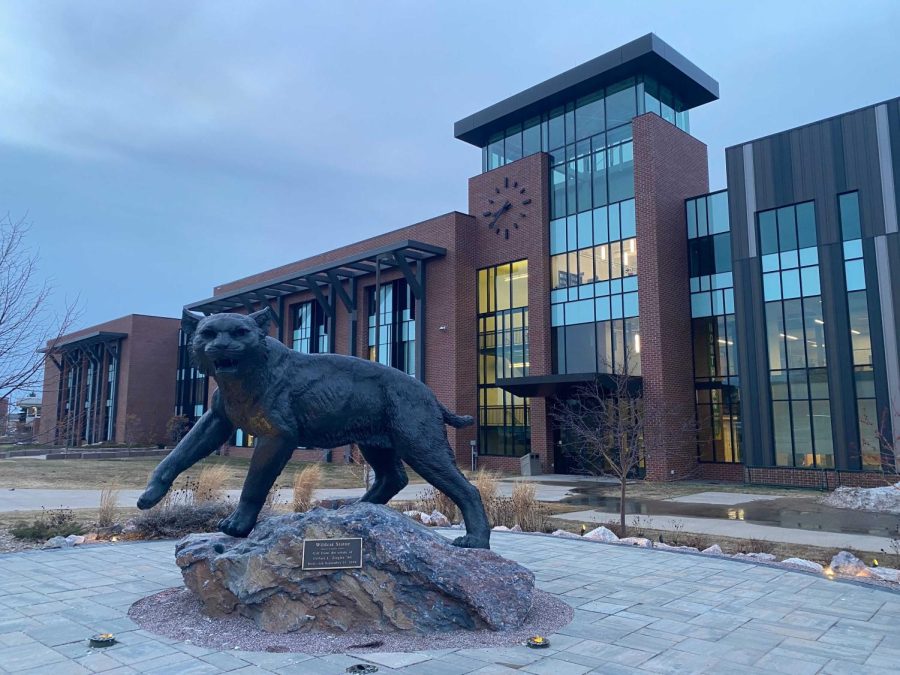






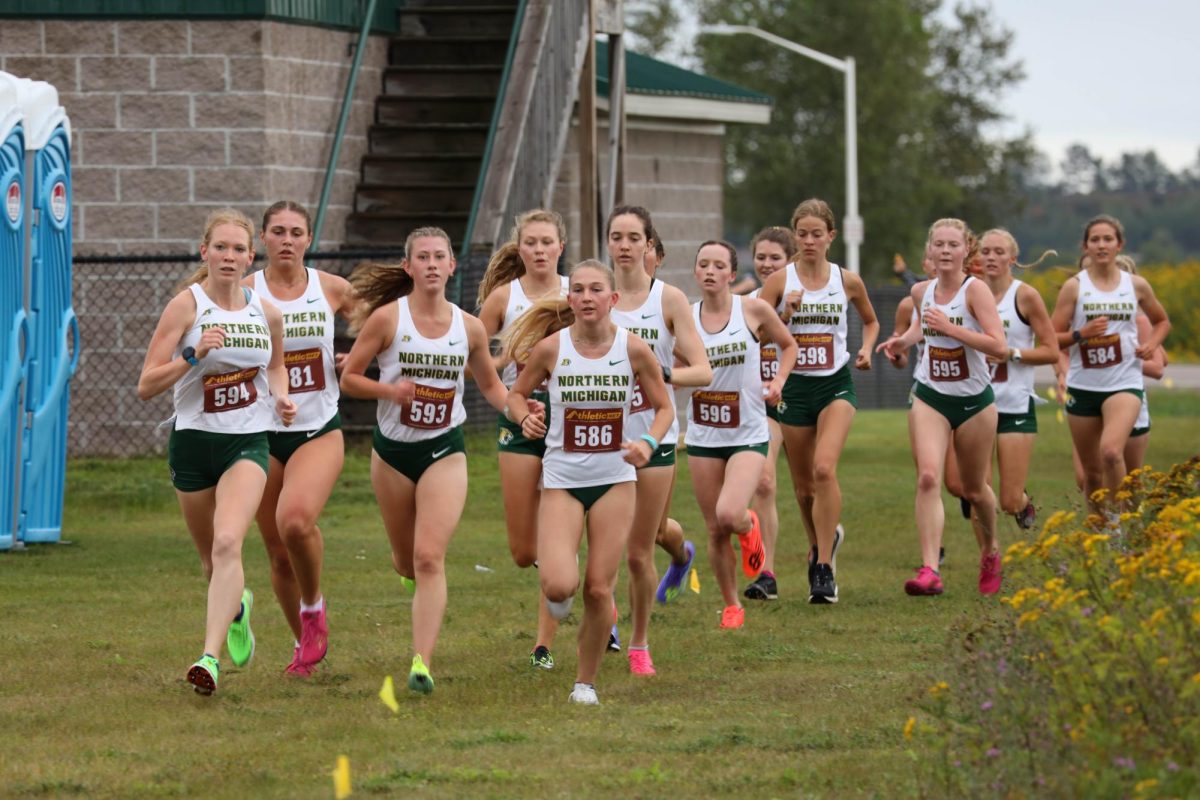

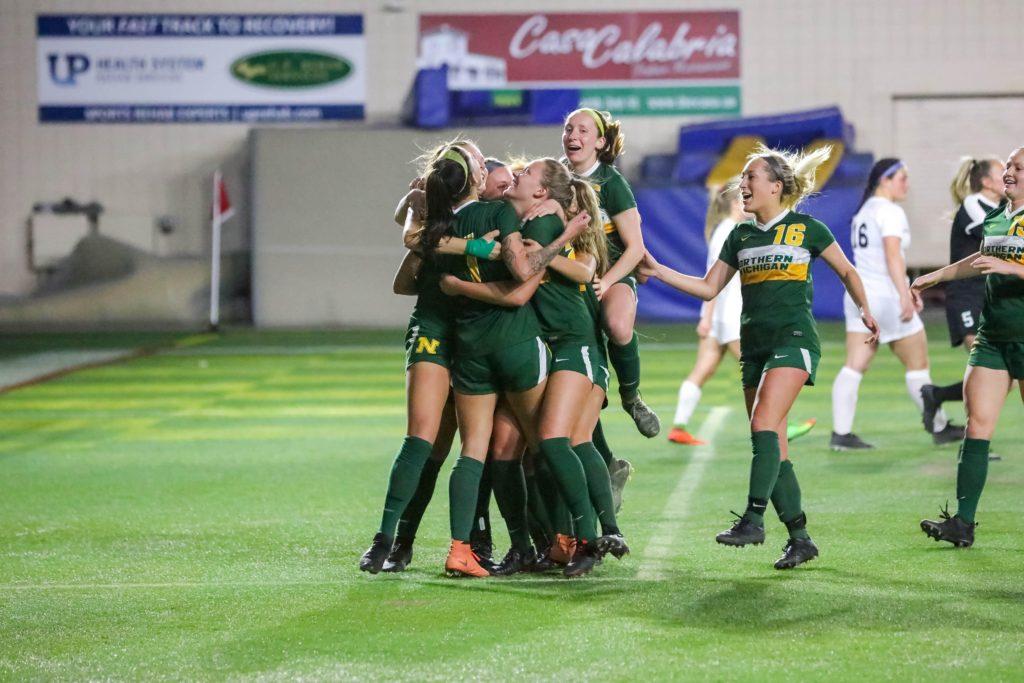
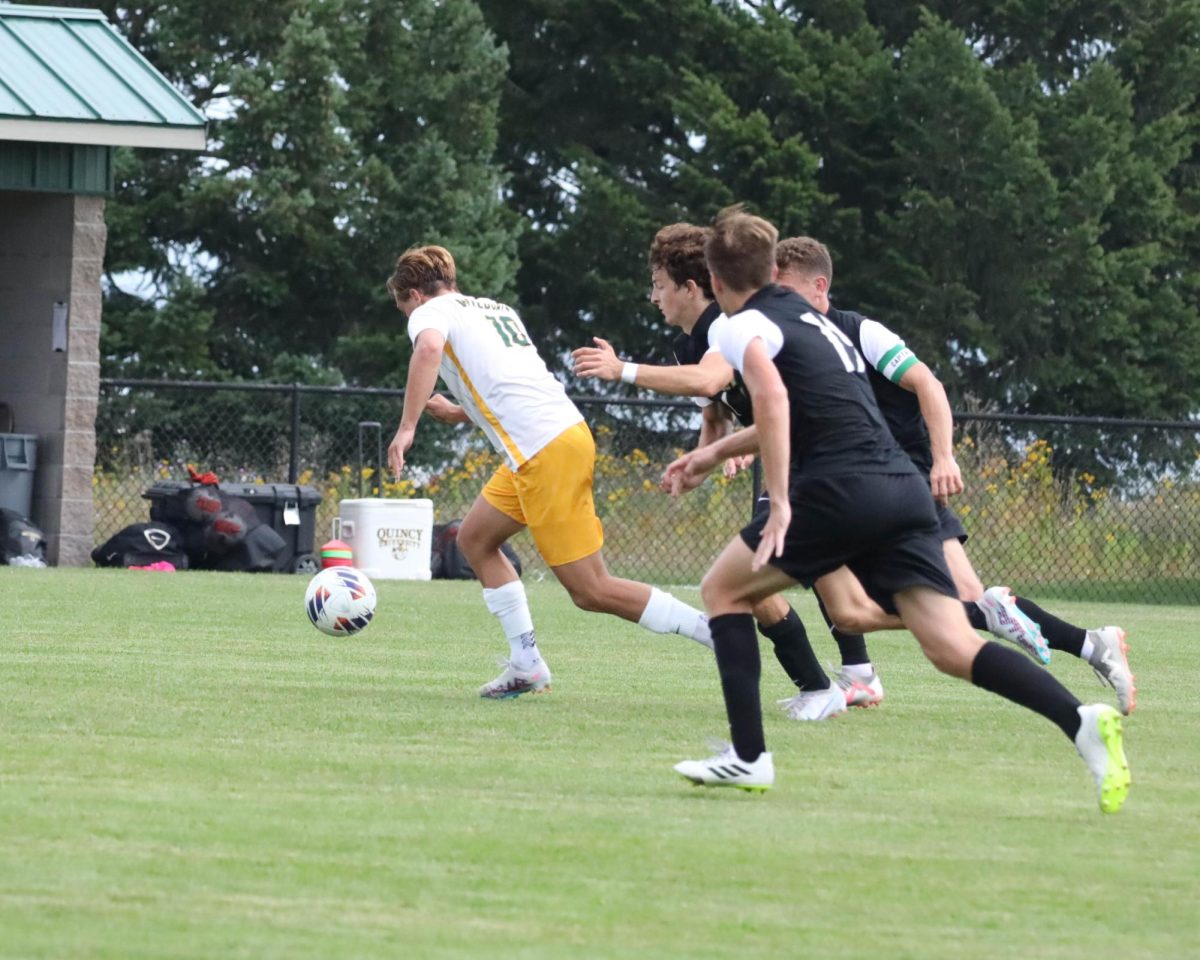
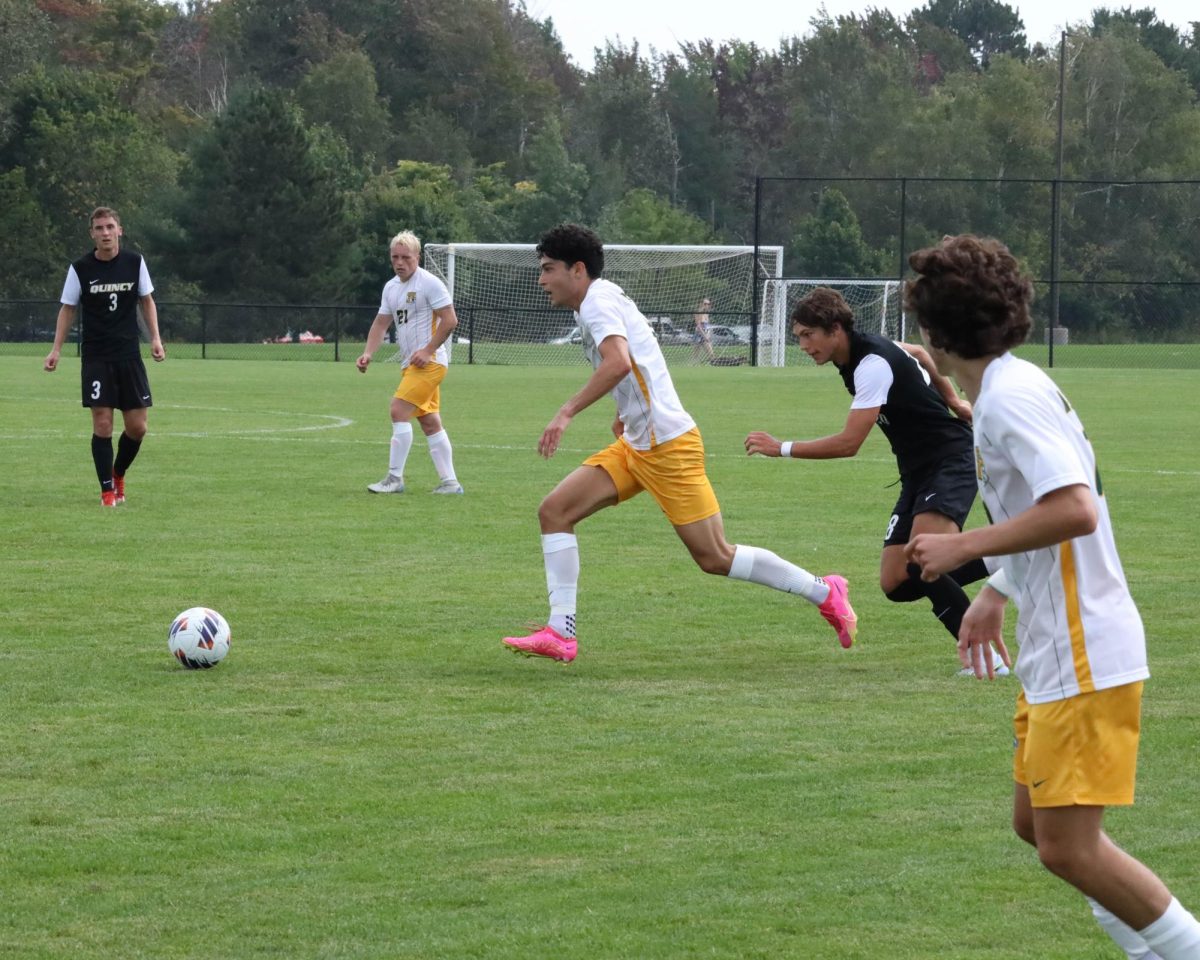





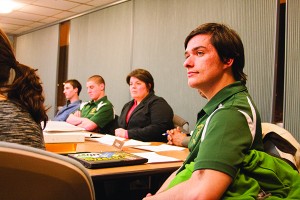







AB • Apr 2, 2015 at 11:36 am
Well Kat has a website with the email up on it for people to look at and her email attempting an appeal. How the fuck was she supposed to remember you sent her the appeal form last year?! It was the elections committee job to make sure the forms were all accessible. And she sent the email within the two days timeframe. She made an attempt by emailing the elections committee chair (which sounds like the person she would email). How was she supposed to know to email you? This whole thing seems like ridiculous policies that are horrible, and Kat is being punished for them. I cannot wait until this gets more reporting. I heard major news outlets are talking to her. I bet when everyone sees the emails they are going to hate ASNMU and ASNMUJ (whatever that means) even more.
Kayleigh • Apr 2, 2015 at 9:58 am
Alright, here’s the deal. Kat never submitted an actual appeal. By the constitution, she has two days. She did not email me (the Kayleigh Hartland that they wonderfully mention) until 5 days after the elections committee made a decision. We also did not deny her appeal when this article was released, but later in the week.
AB • Mar 26, 2015 at 5:59 pm
I think she has a right to push the issue to clear her name. They accused her of something she didn’t do. If that were me, I would push the issue too. Those kinds of things can follow her into the professional world and prohibit her from getting a job when she graduates.
Joshua L Garnett • Mar 26, 2015 at 3:12 pm
This appeal seems to be a moot point. Klawes received 31 percent of the vote. Her disqualification did not impact the overall outcome of the election. Perhaps it is best for her to simply move on to more productive outlets. By continuing to push the issue, she is bringing more negative attention to herself.
Ryan • Mar 26, 2015 at 10:57 am
Two things to note:
1) The appeal was NOT denied, it is still pending as of 3/26/2015.
2) The only wrongdoing that can be proven is the disregard on behalf of the elections committee to follow their protocol. This matter was rushed and should have not been opened in the MIDDLE of the ballot casting. Kat’s image has been tainted, whether she is innocent or guilty, by the lack of due process. Kat should have been given a full, hard copy of ALL evidence against her at the meeting to keep for her records. 24 hour notice (minimum) should have been given before a requested hearing. Does no one else see any of these clear power moves as unfair or inappropriate?
3) Why is ASNMU so focused on House of Cards drama instead of running a fair campaign? The students who are elected to lead their governing body are not paid, this is volunteer work….Why is there a need for such drastic and aggressive actions? Bullying? Disagreements between current members? Either way, this seems strange.